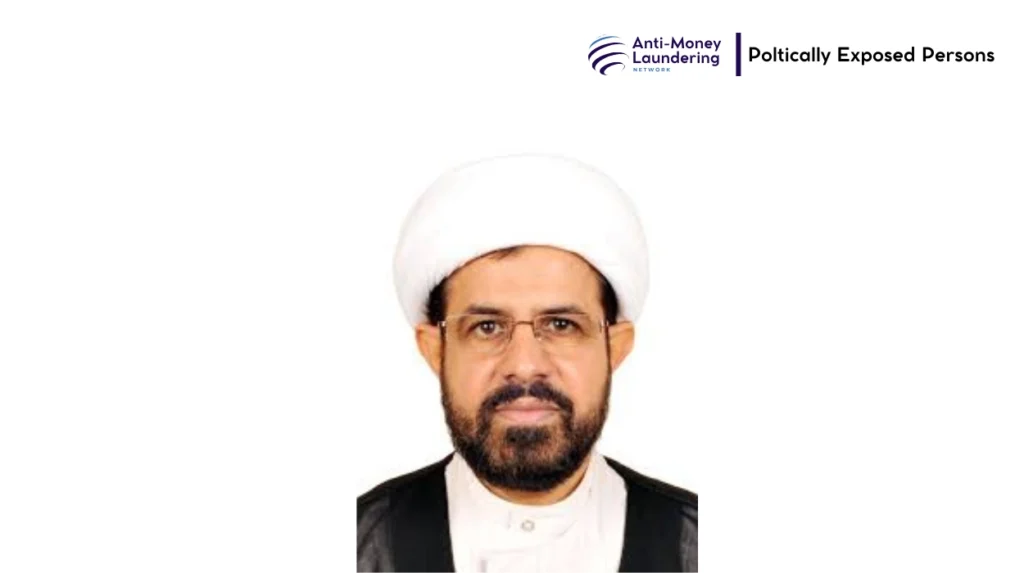Bahrain’s political system is marked by entrenched elite control and limited transparency, facilitating an environment where corruption and financial misconduct thrive with impunity. Since the suppression of the 2011 Arab Spring protests, rampant elite domination has weakened anti-corruption mechanisms, undermined judicial independence, and shielded ruling family members from meaningful accountability. Despite formal anti-corruption laws and international commitments, systemic interference and political repression continue to block effective oversight, allowing politically exposed persons (PEPs) to exploit state resources and institutions for illicit enrichment. This climate fosters significant risks of money laundering and asset concealment among Bahrain’s ruling elites.
Sheikh Dr. Majid Mohsen Mohammed Al-Asfour exemplifies a Politically Exposed Person from Bahrain whose precise role and direct misconduct are not fully publicly documented. Nonetheless, credible context about Bahrain’s political landscape and elite behaviors strongly suggests that he belongs to a class of political elites able to exploit their positions to channel wealth illicitly, benefit from weak transparency, and avoid accountability. Bahrain’s political and financial systems remain heavily criticized for enabling impunity, protecting ruling elites, and limiting effective anti-corruption measures. The case illustrates the continuing challenge of addressing PEP-related financial crimes in semi-authoritarian contexts with closed political systems and limited independent oversight.

